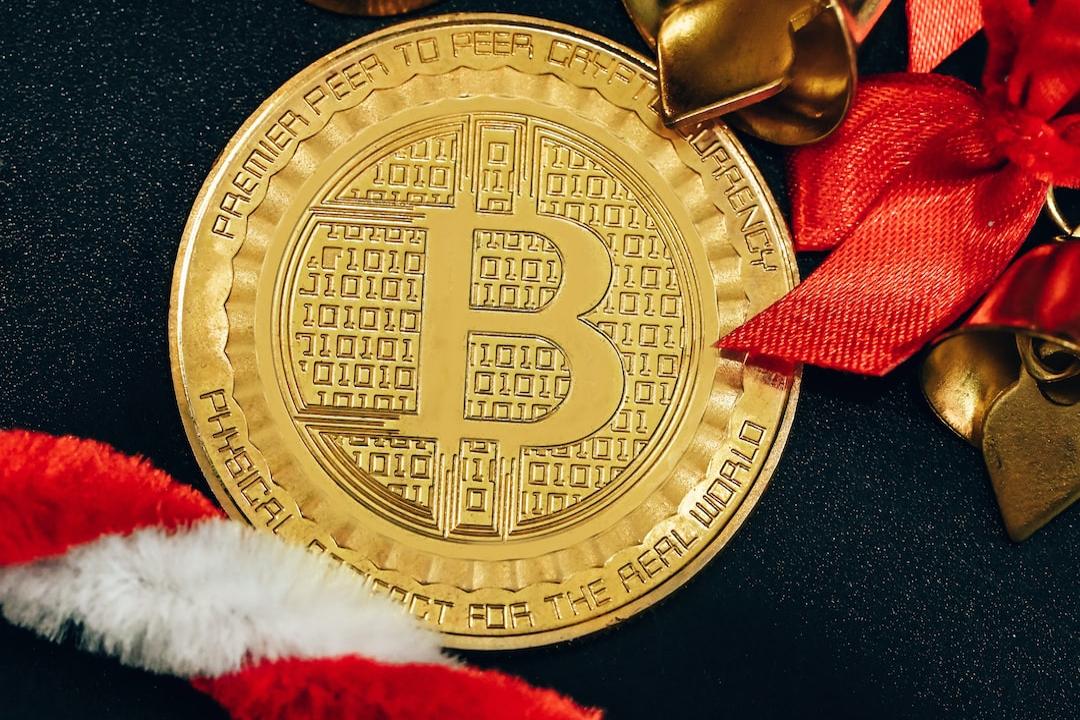The Bank of Korea has made it clear that Bitcoin will not be considered for inclusion in the country’s foreign exchange reserves. This response comes after an inquiry from Cha Gyu-geun, a member of the National Assembly’s Planning and Finance Committee, who raised questions about the cryptocurrency’s potential role in the nation’s reserve strategy.
The central bank’s explanation focuses on a number of factors that make Bitcoin unsuitable for this purpose, primarily its volatility, liquidity concerns, and failure to meet the standards set by the International Monetary Fund (IMF) for foreign exchange reserves.
Bitcoin’s Volatility: A Primary Concern
One of the Bank of Korea’s key reasons for rejecting Bitcoin is its notorious price instability. Bitcoin has long been known for its significant fluctuations in value, and this year has been no different. At the beginning of 2025, Bitcoin’s price reached a high of around 160 million Korean won, only to plummet to 110 million won in a short span. This kind of unpredictability is a serious concern when it comes to using Bitcoin as a reserve asset, where stability is crucial.
Foreign exchange reserves are typically expected to maintain a stable value, so they can be used reliably in times of need. Bitcoin’s extreme price volatility, with some projections suggesting it could rise to over 1 billion won or crash to zero, makes it a risky option. The Bank of Korea emphasized that such uncertainty would only add to the complexity and costs associated with converting Bitcoin into cash, which is a major issue for any asset considered for reserve purposes.
Liquidity Issues: A Key Obstacle
Liquidity is another critical issue the Bank of Korea highlighted in its decision. For foreign exchange reserves to function effectively, they must be easily convertible into cash without incurring significant costs or delays. Bitcoin, however, has shown signs of struggling with liquidity, particularly during periods of market instability.
The Bank of Korea pointed out that Bitcoin’s volatile nature could lead to higher transaction costs when converting it into fiat currency, such as the Korean won. These higher costs could make Bitcoin a less practical option for reserves, as it would not be able to fulfill the urgent liquidity requirements needed in times of financial strain. This potential lack of access and flexibility makes Bitcoin unsuitable for inclusion in the country’s foreign exchange reserves.
Bitcoin Doesn’t Meet IMF Reserve Standards
According to the IMF, assets designated as foreign exchange reserves must be liquid, denominated in a widely accepted and convertible currency, and possess an investment-grade credit rating. Bitcoin falls short in all these areas.
Unlike traditional reserves, which are typically in the form of government-backed currencies such as the U.S. dollar or the euro, Bitcoin operates within a decentralized, digital framework and is not directly tied to any sovereign nation’s economy. Additionally, Bitcoin has not achieved an investment-grade credit rating, further disqualifying it from meeting IMF standards for reserve assets.
As a result, the Bank of Korea made it clear that Bitcoin is not suitable for consideration as part of the country’s foreign exchange reserves.
Global Perspectives on Bitcoin as a Reserve Asset
While the Bank of Korea remains firm in its decision, the global debate on Bitcoin’s role in national reserves continues to unfold. Some countries have shown interest in the idea of holding Bitcoin as part of their reserve portfolios. For example, the Czech Republic and Brazil have both expressed positive views about the potential of using Bitcoin as a reserve asset, with some seeing it as a hedge against inflation or a way to diversify reserve holdings.
However, the stance of major global financial institutions has generally been one of caution. The European Central Bank, the Swiss National Bank, and the Japanese government have all raised concerns about Bitcoin’s suitability as a reserve asset, citing its volatility and lack of regulatory framework. The Bank of Korea aligns with these institutions in its assessment that Bitcoin is not a viable option for foreign exchange reserves.
The Growing Global Debate on Bitcoin Reserves
The discussion surrounding Bitcoin as a reserve asset is gaining global momentum, particularly after significant political developments. In early March 2025, U.S. President Donald Trump signed an executive order creating a national reserve of Bitcoin. This reserve will be funded by Bitcoin acquired through civil and criminal forfeitures, with the government planning further purchases in budget-neutral ways.
Despite this growing interest in Bitcoin as a reserve asset in some parts of the world, the Bank of Korea has made it clear that it will not be adopting Bitcoin into the country’s foreign exchange strategy. The central bank has also stated that there are no current plans to revisit the idea in the near future.
Conclusion: Bitcoin’s Place in the Future of Reserves
In conclusion, the Bank of Korea’s rejection of Bitcoin for foreign exchange reserves highlights the numerous challenges the cryptocurrency faces in gaining acceptance as a mainstream financial asset. Its volatility, liquidity concerns, and failure to meet IMF standards make it an unlikely candidate for inclusion in national reserve portfolios.
While some countries continue to explore the potential of digital assets like Bitcoin, South Korea remains committed to maintaining a more traditional and stable approach to its foreign exchange reserves. As the debate over Bitcoin’s role in global finance continues, it’s clear that digital currencies still have a long way to go before they can be considered reliable alternatives to traditional reserve assets. For now, Bitcoin’s volatility and regulatory uncertainty remain significant obstacles to its integration into national reserve systems.
Post Views:
3

